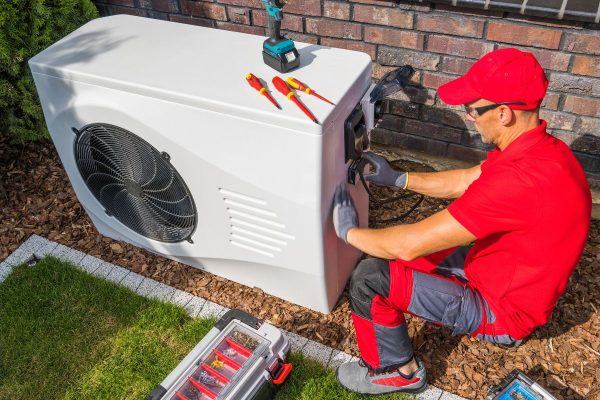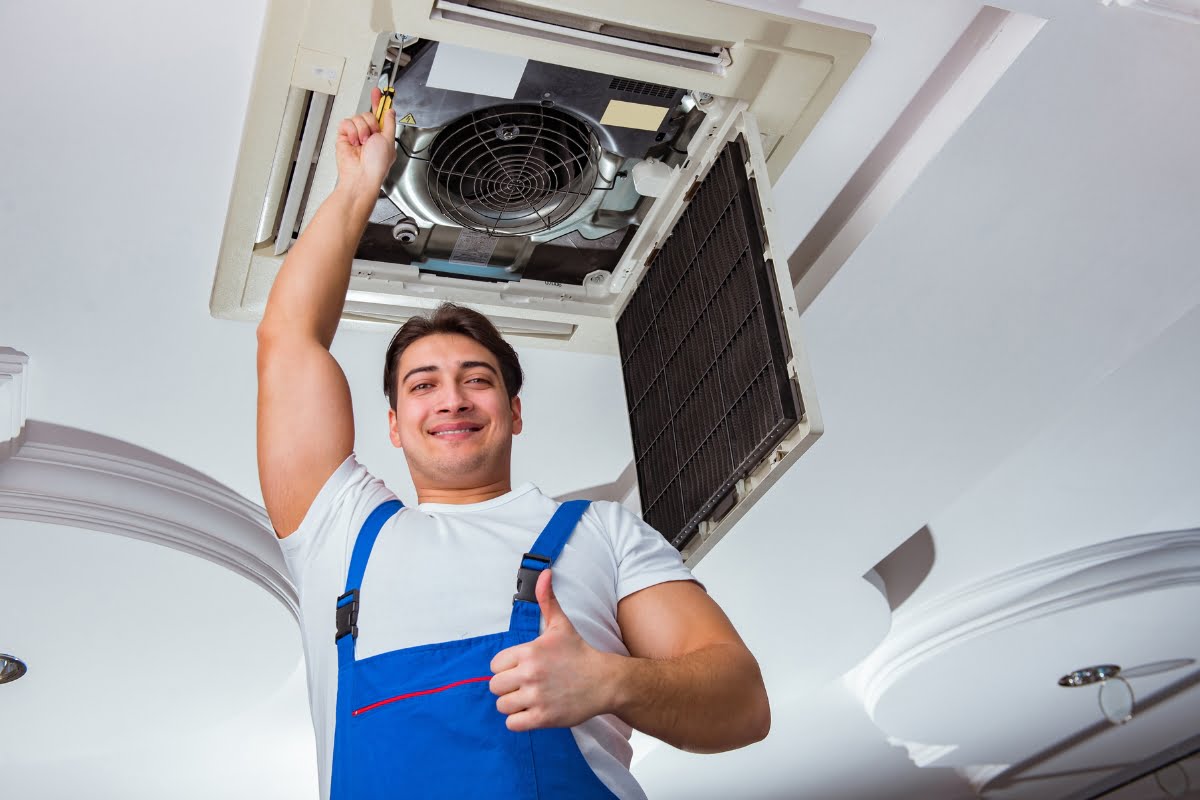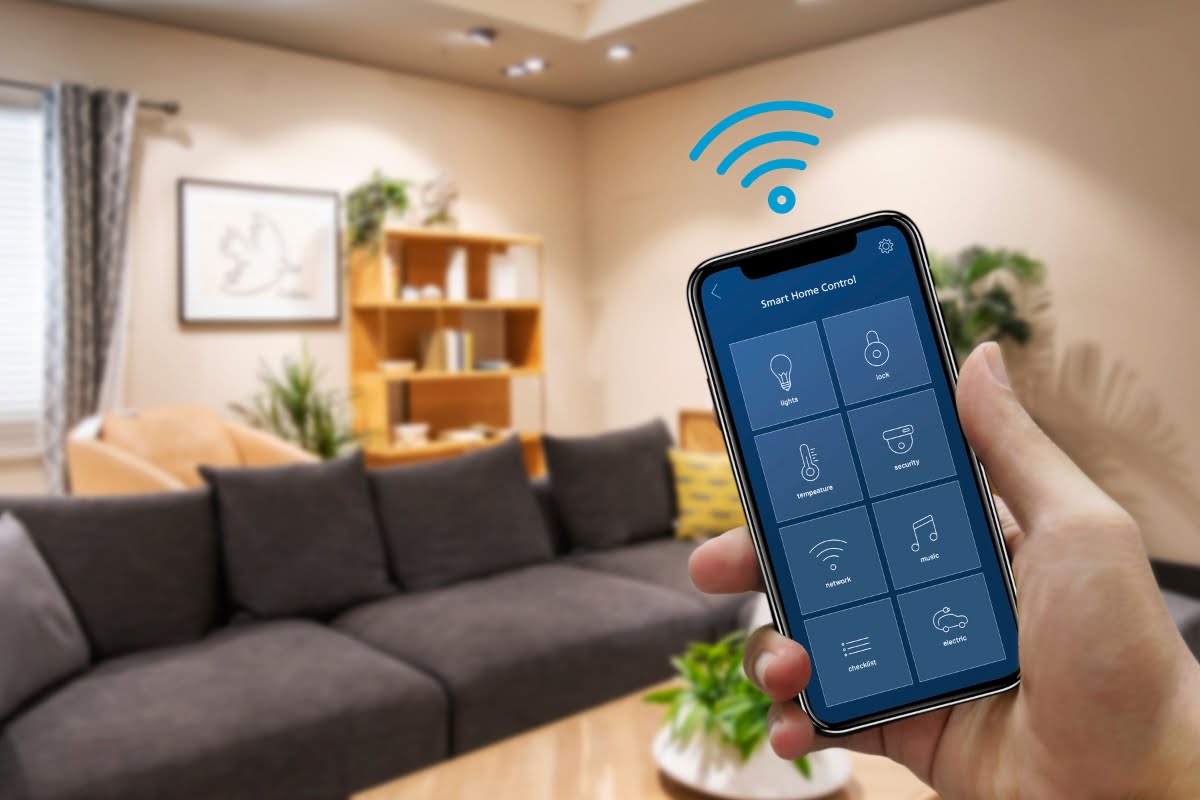Curious about how to enhance your home comfort with the perfect HVAC system? Your HVAC setup can make a world of difference in your indoor living experience, regardless of the season outside.
Whether you’re thinking of an upgrade or starting from scratch, choosing the right HVAC system can significantly boost energy efficiency, improve air quality, and ensure year-round comfort.
Choosing the Right HVAC System
Types of HVAC Systems
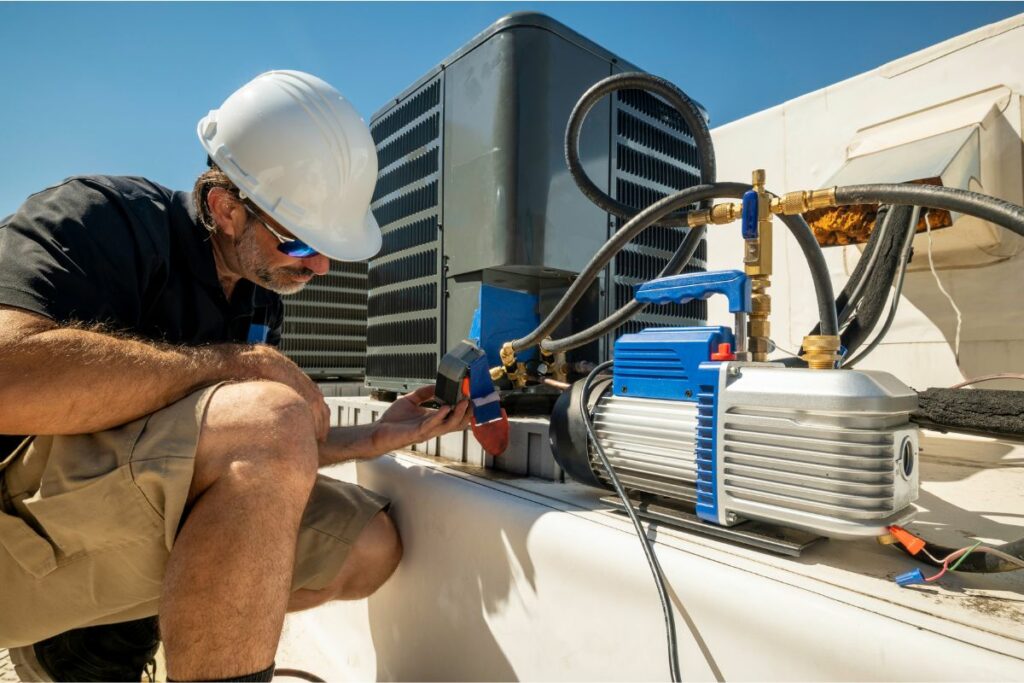
When it comes to HVAC systems, there are several options available, each with its own set of features and benefits. Understanding the different types can help you make an informed decision based on your specific needs and preferences. Let’s explore some common types of HVAC systems:
Central Air Conditioners
Central air conditioners are a popular choice for cooling larger homes or multiple rooms. They use ducts to distribute cool air throughout the house, providing consistent and even cooling. Central air systems often work in conjunction with a furnace or heat pump for year-round comfort.
| Pros | Cons |
| Effective at cooling entire homes or multiple rooms. | Requires ductwork, which can be costly to install in homes without existing ducts. |
| Uses ductwork for even distribution of cool air. | Initial purchase and installation costs can be higher |
| Can work in conjunction with a furnace or heat pump for year-round comfort. | May result in energy loss through duct leaks if not properly maintained. |
Heat Pumps
Heat pumps are versatile systems that can both heat and cool your home. They work by transferring heat between the indoor and outdoor units, making them energy-efficient heating alternatives to traditional heating and cooling systems. Heat pumps are ideal for moderate climates and can significantly reduce energy costs.
| Pros | Cons |
| Provides both heating and cooling capabilities | Less effective in extreme cold climates |
| Energy-efficient operation | Initial purchase cost may be higher than conventional systems |
| Suitable for moderate climates, can reduce energy costs | May require additional maintenance compared to some other HVAC systems |
Furnaces
Furnaces are common in colder climates and provide efficient heating by using either gas or electricity to generate heat. They distribute warm air through ducts and vents, ensuring consistent heating throughout your home. Modern furnaces are designed for energy efficiency, making them a reliable choice for winter comfort.
| Pros | Cons |
| Efficient heating performance, especially in cold climates. | Relies on combustible fuels, which can pose safety concerns |
| Available in gas, electric, and oil-powered options | Initial installation costs can vary depending on fuel type and system complexity |
| Can be integrated with central air conditioners |
Boilers
Boilers use water or steam to heat your home and are often found in older homes or those with radiant heating systems. They can be powered by gas, oil, or electricity and provide efficient and comfortable heating. Boilers are known for their quiet operation and long lifespan.
| Pros | Cons |
| Provides efficient heating | Requires proper ventilation and safety measures |
| Quiet operation and long lifespan | Initial installation costs can be higher |
| Can be powered by gas, oil, or electricity | Regular maintenance is essential to prevent issues with water leaks or pressure |
Mini-Split Systems
Mini-split systems, also known as ductless systems, are ideal for homes without ductwork or for specific zones within a larger property. They consist of an outdoor unit connected to one or more indoor units, allowing you to customize the temperature in different areas. Mini-splits are energy-efficient and offer flexible heating and cooling solutions.
| Pros | Cons |
| Ductless design makes installation easier and more flexible | Initial purchase and installation costs may be higher per zone |
| Allows for customized heating and cooling in specific zones or rooms | May require more frequent filter cleaning or replacement |
| Energy-efficient operation and precise temperature control | Outdoor unit placement and aesthetics may be a consideration for some homeowners |
Understanding the characteristics and advantages of each type of HVAC system can guide you in selecting the most suitable option for your home’s comfort needs. Next, we’ll delve into factors to consider when choosing an HVAC system that meets your requirements and preferences.
Factors to Consider When Choosing an HVAC System
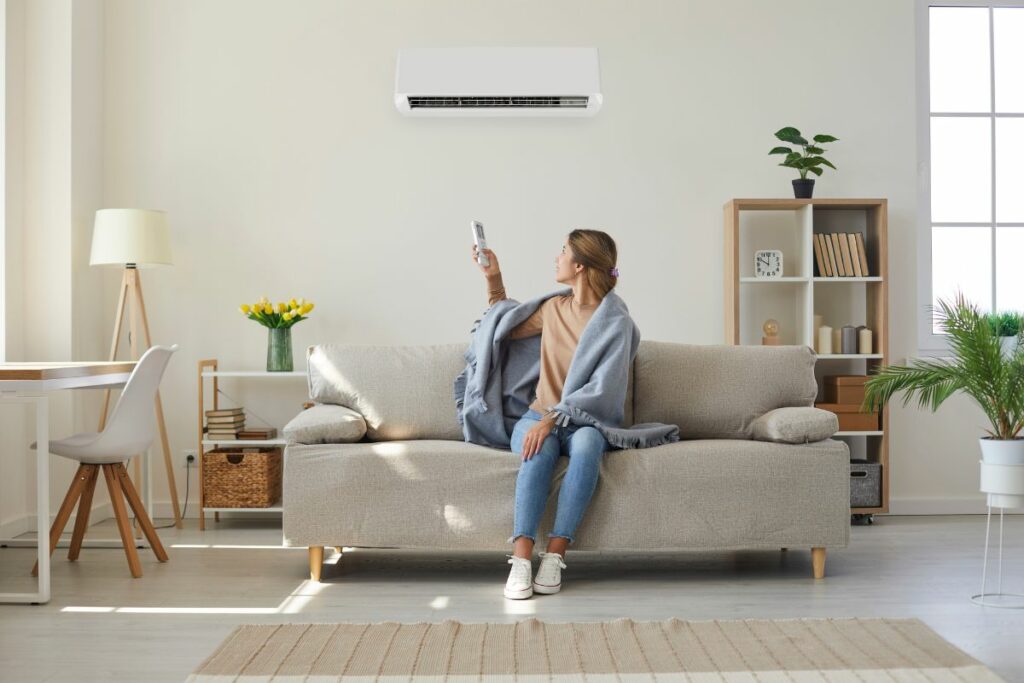
Selecting the right HVAC system for your home involves considering several key factors that can impact its performance, efficiency, and long-term cost-effectiveness. Here are the crucial factors to keep in mind:
Size of the System
One of the most critical aspects of choosing an HVAC system is ensuring it is correctly sized for your home. An improperly sized system can lead to inefficiencies and discomfort. Over-sizing may cause short cycling, a situation in which the system cycles on and off frequently. This can lead to higher energy usage and increased wear on system components.
Conversely, undersizing may struggle to maintain desired temperatures, leading to uneven heating or cooling. Consult with an HVAC professional to determine the correct size based on your home’s square footage, insulation, and layout.
Energy Efficiency
Energy efficiency plays a significant role in the operating costs and environmental impact of your HVAC system. Look for systems with high energy efficiency ratings.
For example, air conditioners and heat pumps with SEER (Seasonal Energy Efficiency Ratio) and AFUE (Annual Fuel Utilization Efficiency) for furnaces and boilers.
Higher ratings indicate greater energy efficiency, resulting in lower utility bills and reduced carbon footprint over time.
Climate Considerations
Your geographic location and local climate conditions should also influence your choice of HVAC system.
For example, in warmer climates, a high-efficiency air conditioning system or heat pump with a high SEER rating may be prioritized. In colder climates, a furnace or boiler with a high AFUE rating for efficient heating becomes more critical.
Consider the seasonal temperature variations and humidity levels in your area when choosing the right HVAC system.
Air Quality Features
Beyond heating and cooling, consider the air quality features of HVAC systems. Quality air filters can remove dust, allergens, and pollutants, improving indoor air quality and respiratory health.
Some systems offer additional air purification technologies, such as UV-C lights or ionizers, which can further enhance air cleanliness. Choose a system with air quality features that align with your preferences and indoor air concerns.
Budget Considerations
While the initial cost is a significant factor, it’s essential to evaluate the long-term savings potential through energy efficiency. A higher upfront investment in a more energy-efficient system can lead to substantial savings on utility bills over the system’s lifespan.
Factor in maintenance costs, warranties, and potential rebates or incentives for energy-efficient HVAC upgrades. Balancing upfront costs with long-term savings is key to making a cost-effective choice.
Considering these factors holistically can help you make an informed decision when selecting an HVAC contractor and system that provides optimal comfort, efficiency, and air quality for your home.
Costs Involved with HVAC Systems

Understanding the costs associated with HVAC systems is crucial for budgeting and making informed decisions. Let’s delve into the breakdown of potential costs and considerations:
Purchase Costs
The initial purchase cost of an HVAC system varies depending on factors such as the type, brand, size, and energy efficiency rating.
High-efficiency systems with advanced features may have a higher upfront cost but can lead to long-term savings through reduced energy consumption. Consider obtaining quotes from multiple reputable HVAC contractors to compare prices and options.
Installation Costs
Installation costs include the labor and materials required to set up your HVAC system properly. This involves ductwork (if applicable), electrical connections, piping (for boilers), and any additional components like thermostats or air purification systems.
Installation costs can vary based on the complexity of the installation, accessibility of your home’s infrastructure, and local labor rates.
Maintenance Costs
Regular maintenance is essential for keeping your HVAC system operating efficiently and prolonging its lifespan. Maintenance tasks may include cleaning or replacing air filters, checking refrigerant levels, inspecting electrical components, and calibrating thermostats.
Some HVAC companies offer maintenance plans or service contracts that cover routine inspections and repairs for a set fee, which can help budget for ongoing maintenance costs.
Warranties
Warranties provide protection and peace of mind for your HVAC investment. Manufacturers typically offer warranties on equipment, covering defects in materials or workmanship for a specified period.
Additionally, HVAC contractors may offer installation warranties, ensuring that the system is installed correctly and functioning as intended. It’s essential to understand what the warranties cover, the duration of coverage, and any conditions or requirements for maintaining warranty validity.
Financing Options
Many HVAC companies offer financing options to help manage the upfront costs of purchasing and installing a new system. This can include flexible payment plans, low-interest loans, or promotional offers with deferred payments.
Explore financing options available from reputable HVAC providers to determine the best fit for your budget and financial goals.
By considering the purchase, installation, maintenance, warranties, and financing options associated with HVAC systems, you can make informed decisions that balance upfront costs with long-term efficiency and reliability.
Choosing the Perfect HVAC System for Your Home
The importance of choosing the right HVAC system cannot be overstated. A properly sized and efficient system ensures consistent indoor comfort throughout the year while minimizing energy consumption and utility costs.
Additionally, advanced air quality features contribute to a healthier indoor environment by removing pollutants and allergens from the air.
At A.D. Campbell Heating and Air Conditioning, we understand the significance of selecting the perfect HVAC system for your home. Our team of dedicated HVAC professionals in Atlanta, Georgia, is committed to delivering top-quality heating and cooling services to our residential and commercial clients.
With ACE-certified technicians who undergo annual re-certification, we guarantee superior equipment service and flawless customer service with every job.
Book your HVAC consultation today. Elevate your home’s comfort and efficiency with the perfect HVAC system.
